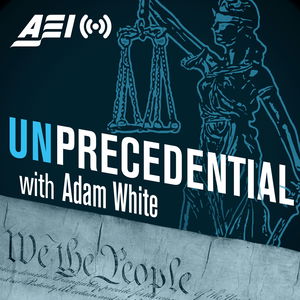

Dela
Podden och tillhörande omslagsbild på den här sidan tillhör
American Enterprise Institute. Innehållet i podden är skapat av American Enterprise Institute och inte av,
eller tillsammans med, Poddtoppen.